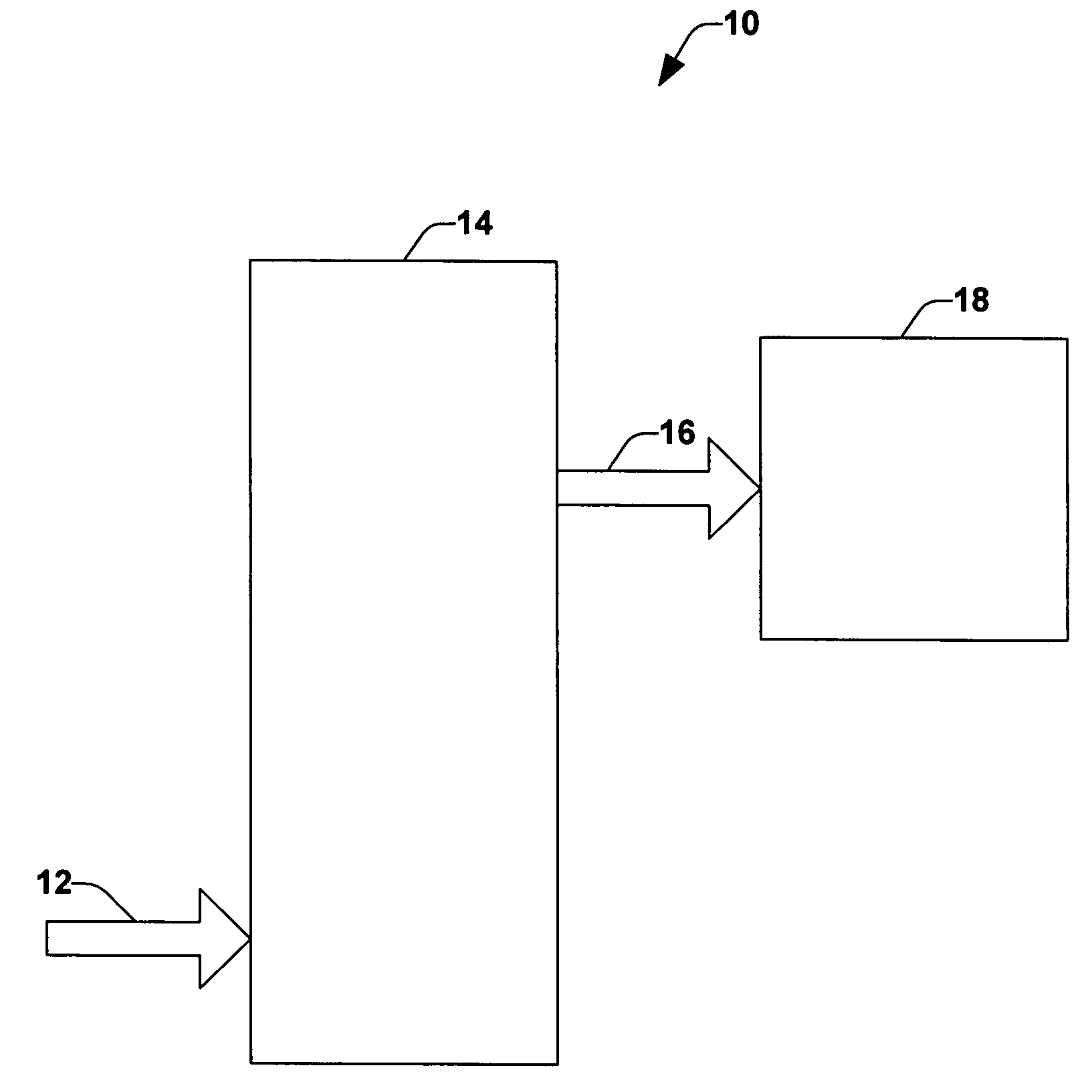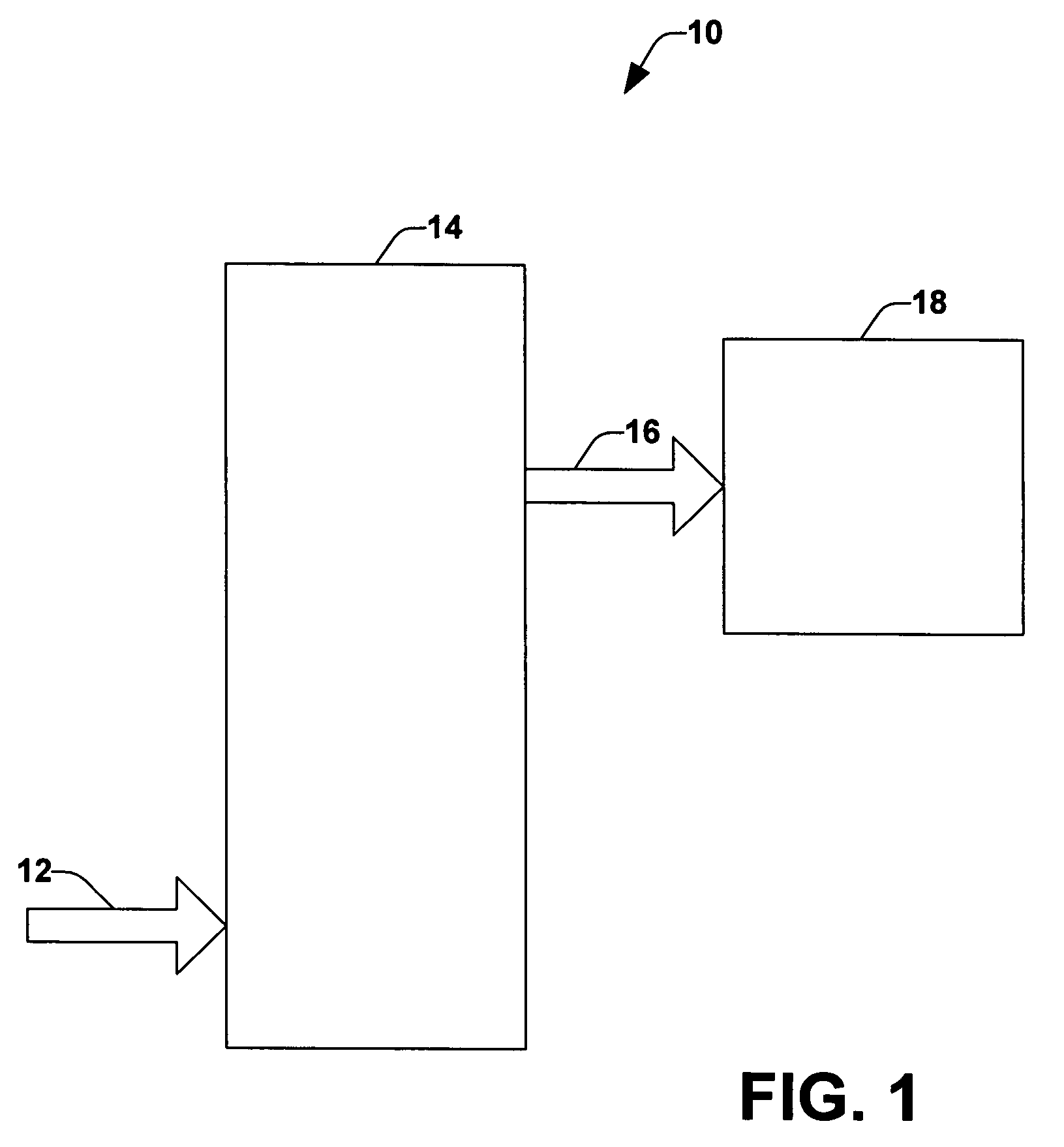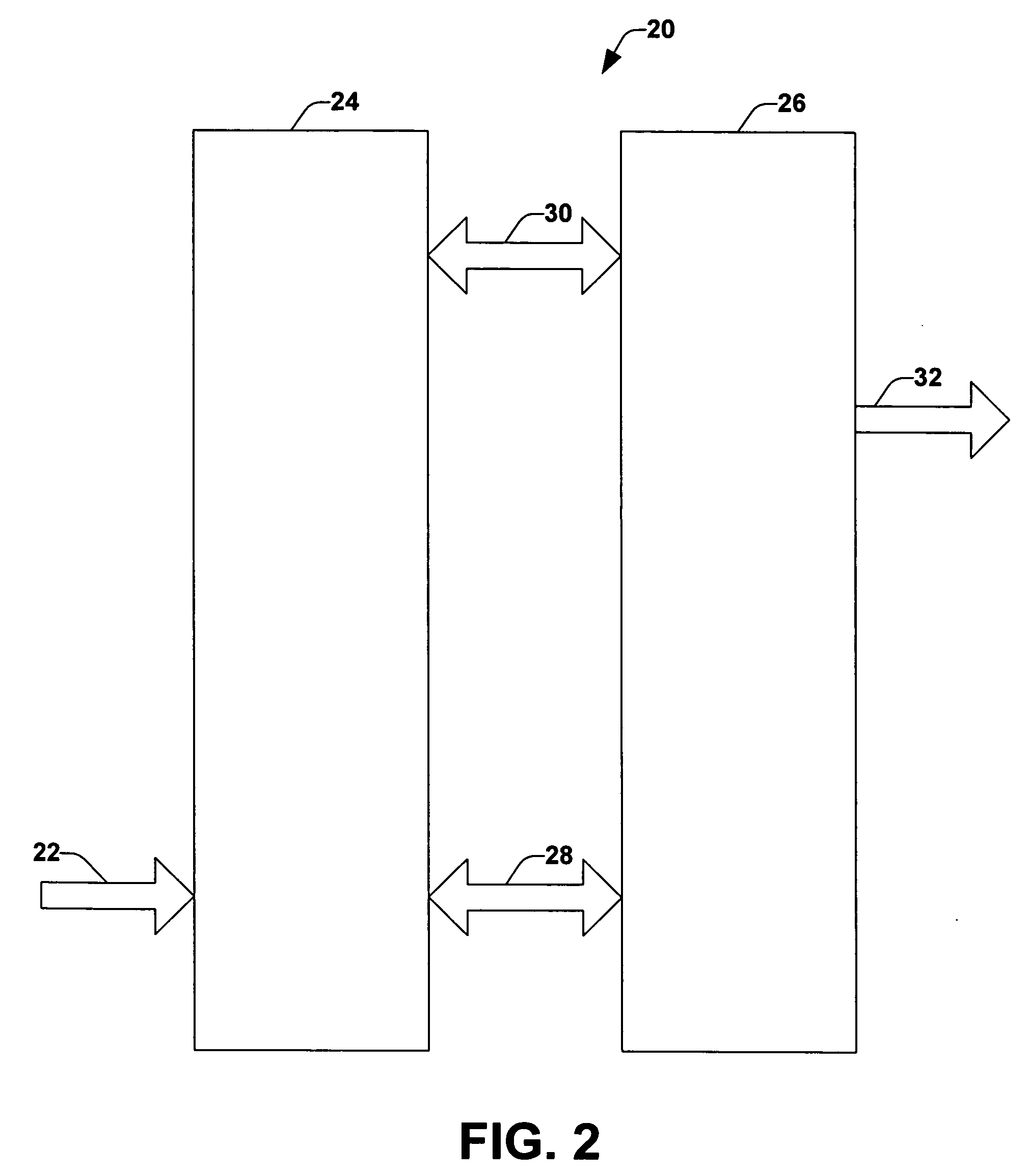Supported catalyst for olefin polymerization
a technology of polymerization catalyst and supported olefin, which is applied in the direction of catalyst activation/preparation, metal/metal-oxide/metal-hydroxide catalyst, etc., can solve the problems of corroding manufacturing equipment and introducing harmful environmental concerns, and achieves high catalyst efficiency and low cost
- Summary
- Abstract
- Description
- Claims
- Application Information
AI Technical Summary
Benefits of technology
Problems solved by technology
Method used
Image
Examples
example 1
[0096] 10 g of magnesium chloride is dissolved in the 28 ml of ethanol and 200 ml hexane. 20 g of silica (Grace Davison SYLOPOL 2229) is slurried in magnesium chloride solution for 1 hour. The slurry is cooled down to −20° C. and 50 g of titanium tetrachloride is added. The temperature is increased to 80° C. and 5 ml diisobutyl phthalate (DIBP) is added and cooked for 1 hour. 45.7 g TiCl4 and 206.8 g toluene is added to activate the solid to get the final catalyst.
[0097] 1.5 ml of 25% triethyl aluminum is injected into the 3.4 liter reactor at 30° C. which is exclusive of air and moisture by nitrogen purge. 0.6 ml 0.128 M cyclohexyl methyl dimethoxy silane and 10 mg catalyst in mineral oil is charged to reactor. Then 3.5 pound of hydrogen gas is charged into the reactor. Then 1500 ml of liquid propylene is added into reactor. The polymerization of propylene proceeds for 1 hour at 70° C. At the end of polymerization, the reactor is cooled down to 20° C. The polypropylene is complete...
example 2
[0098] Example 1 is repeated but 172 g TiCl4 is added instead of 50 g TiCl4 at −20° C.
example 3
[0099] Example 1 is repeated but 130 g TiCl4 is added instead of 50 g TiCl4 at −20° C.
PUM
| Property | Measurement | Unit |
|---|---|---|
| particle size | aaaaa | aaaaa |
| particle size | aaaaa | aaaaa |
| specific surface area | aaaaa | aaaaa |
Abstract
Description
Claims
Application Information
 Login to View More
Login to View More - R&D
- Intellectual Property
- Life Sciences
- Materials
- Tech Scout
- Unparalleled Data Quality
- Higher Quality Content
- 60% Fewer Hallucinations
Browse by: Latest US Patents, China's latest patents, Technical Efficacy Thesaurus, Application Domain, Technology Topic, Popular Technical Reports.
© 2025 PatSnap. All rights reserved.Legal|Privacy policy|Modern Slavery Act Transparency Statement|Sitemap|About US| Contact US: help@patsnap.com



